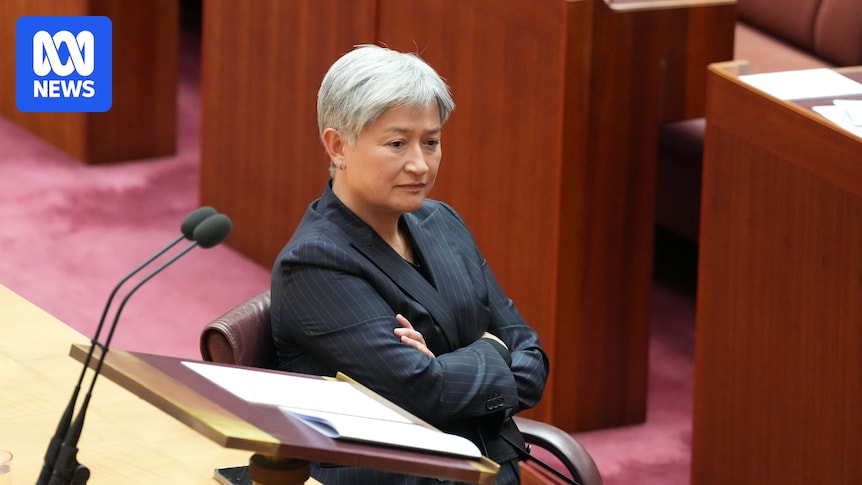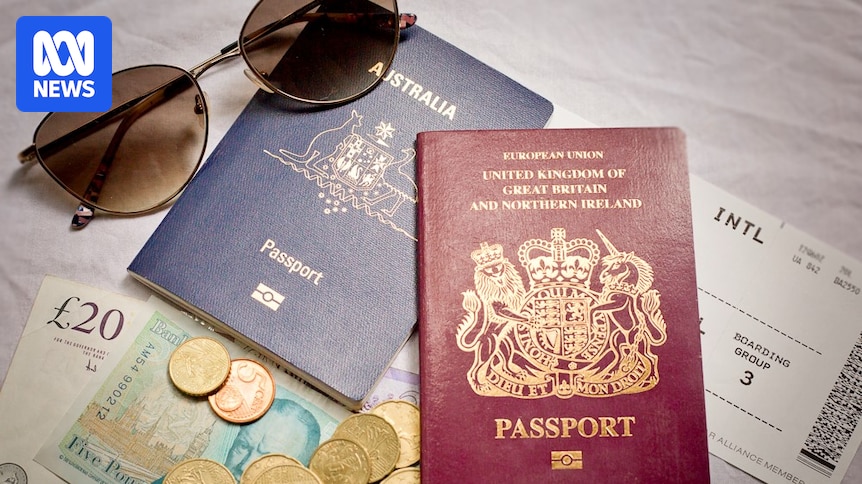
Foreign Minister Penny Wong has urged the international community to take decisive action on the situation in Gaza, as Australia deliberates on the timing of its recognition of Palestinian statehood. The call comes amid growing international momentum, with France, the United Kingdom, and Canada recently announcing their intentions to recognize a Palestinian state at the upcoming United Nations General Assembly in September, contingent upon certain conditions, including the exclusion of Hamas from governance.
This development places increased pressure on the Australian government to clarify its stance. Prime Minister Anthony Albanese has stated that Australia will only proceed with recognition if it constitutes a “meaningful action.” On Thursday, Senator Wong did not dismiss the possibility of Australia making a similar declaration, emphasizing that recognition is a matter of “when, not if.” She highlighted the Arab League’s unprecedented call for Hamas to disarm and relinquish control in Gaza as a significant factor in the ongoing deliberations.
International Dynamics and Australia’s Position
Senator Wong, speaking on ABC’s Afternoon Briefing, emphasized the need for global efforts to break the cycle of violence in the Middle East. “We cannot continue to stand by and watch what is happening in Gaza and not take the sorts of actions you are seeing,” she stated. “We have to see what we can do as an international community to change the pathway that the region is on.”
Earlier in the day, Treasurer Jim Chalmers expressed his support for the international momentum towards recognizing a Palestinian state during an interview with Sky News. “From an Australian point of view, recognition of the state of Palestine is a matter of when, not if,” he remarked, aligning with the sentiments of other global leaders.
Australia, along with several other nations, recently signed a statement expressing a willingness to recognize Palestine and work towards reconstructing Gaza and disarming Hamas. However, Prime Minister Albanese has indicated that Australia will not follow France’s lead in recognizing Palestine this September, citing the need for careful timing and consideration of regional dynamics.
Albanese and Starmer’s Strategic Dialogue
In a recent call with UK Prime Minister Keir Starmer, Mr. Albanese reiterated Australia’s strong support for a two-state solution. The conversation, which focused on the situation in Gaza, underscored the importance of international collaboration to secure a ceasefire, release hostages, and accelerate aid, while ensuring Hamas does not play a role in a future Palestinian state.
Canada’s move to recognize a Palestinian state is part of a broader, coordinated international strategy on Gaza. Mr. Starmer outlined his framework for recognition as a “driver for peace,” emphasizing the need for momentum to achieve these objectives.
Challenges and Criticisms
Israel’s foreign ministry has cautioned against recognizing Palestine, arguing that such actions could inadvertently reward Hamas and complicate efforts to achieve a ceasefire and release hostages. Prime Minister Albanese has acknowledged these concerns, stressing that any advancement towards a two-state solution requires mutual recognition and security assurances for Israel.
Notably, 28 UN member states, including 15 Arab League nations, do not recognize Israel. However, their recent statement expressed hope for normalized relations between the countries, contingent upon certain conditions being met.
Domestic Debate and Future Implications
The debate over Palestinian recognition has sparked discussions within Australia. Coalition frontbencher James Paterson, speaking on Sky News, questioned the value of a “premature” recognition of Palestine. “If you were to recognize a Palestinian state today, you would be recognizing a state which is in part governed by a terrorist organization,” he argued, highlighting the complexities of the situation.
As Australia navigates its position on Palestinian recognition, the government faces the challenge of balancing international expectations with domestic considerations and regional security dynamics. The coming months will likely see intensified diplomatic efforts and strategic discussions as the international community seeks to address the longstanding conflict in the Middle East.
Looking ahead, the situation in Gaza and the broader Middle East remains a focal point for global diplomacy. The decisions made by Australia and other nations will play a crucial role in shaping the future of the region and the prospects for lasting peace.






